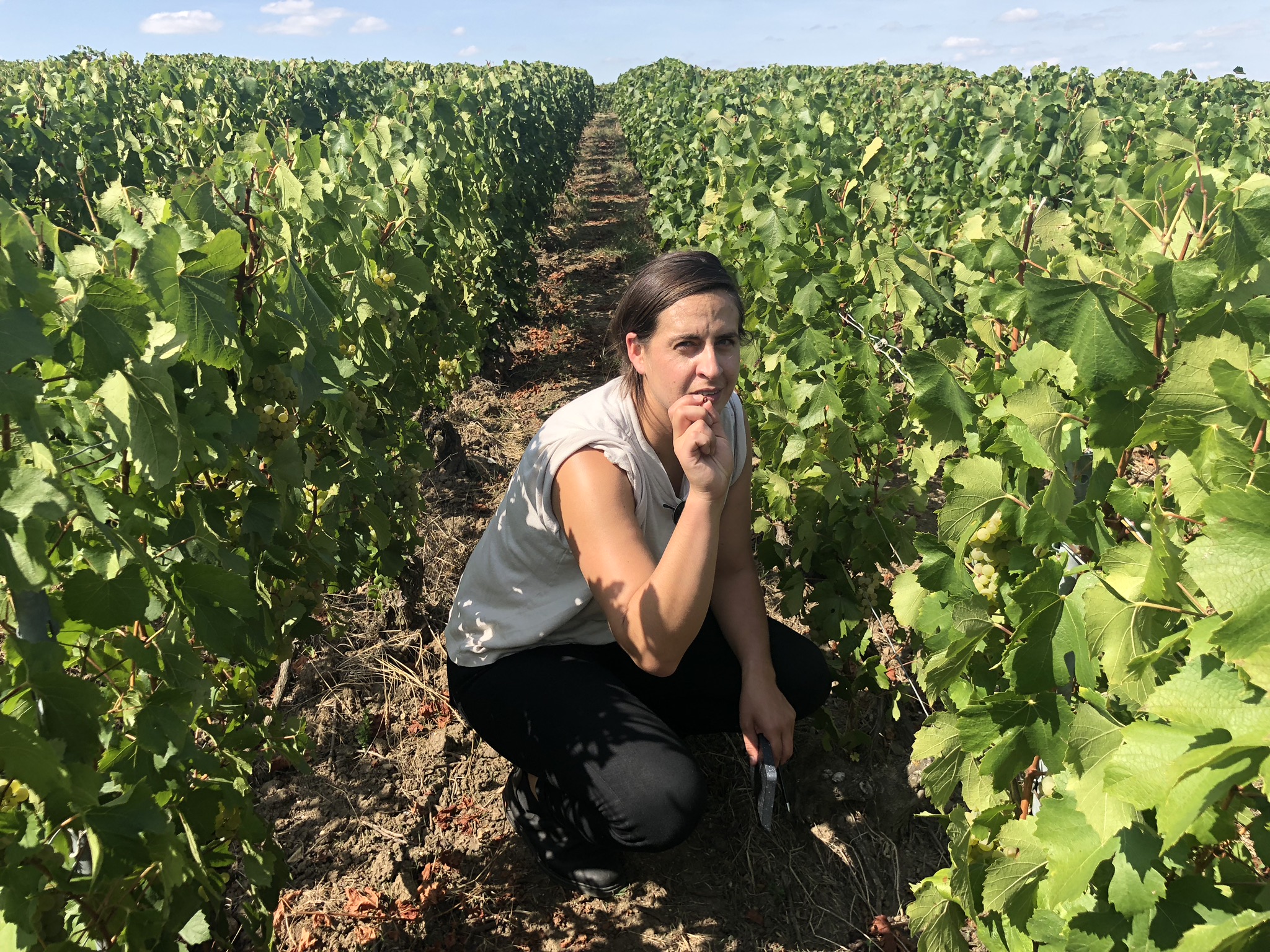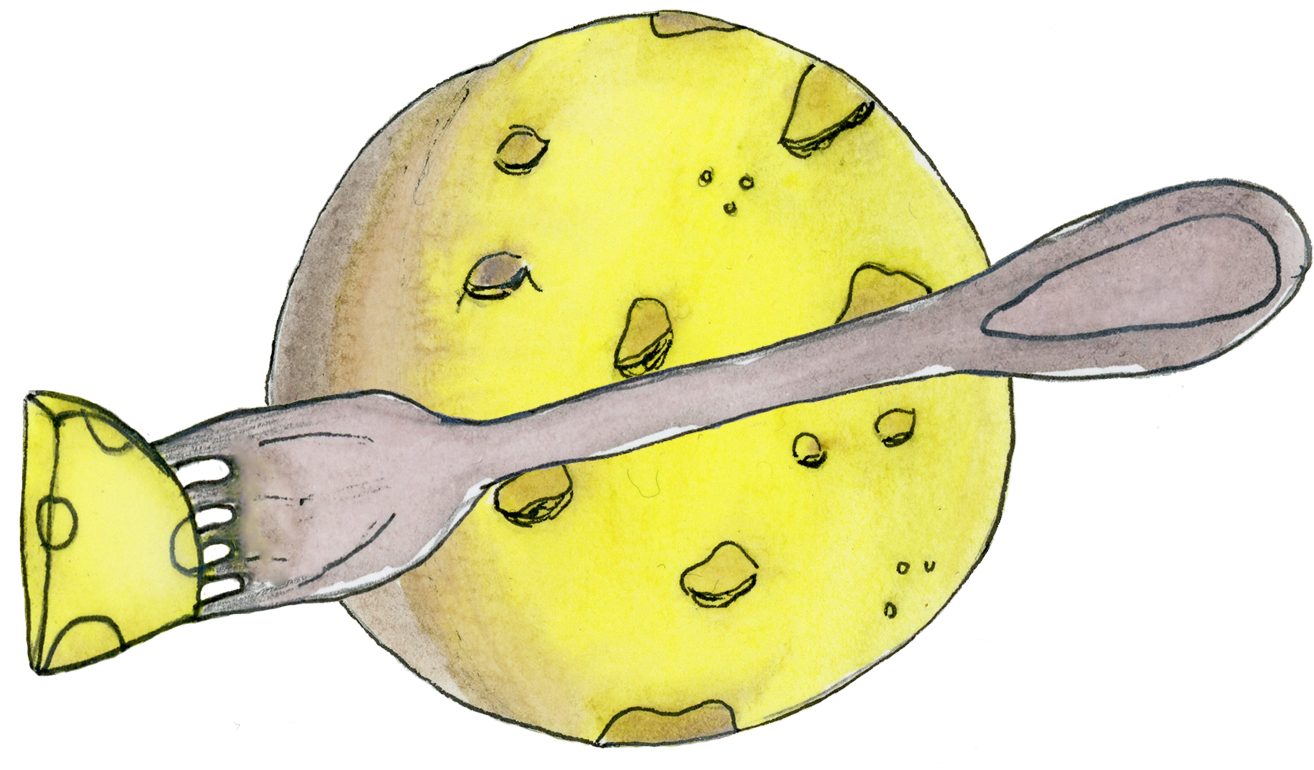interviews
Roni Ginach September 2018

Since this interview, Roni started her own wine import business called Roni Selects.
Where you are from? What did you grow up eating?
I’m from New York originally. I grew up in Riverdale, in the Bronx and then moved to Manhattan. My parents are Israeli so I grew up eating a lot of little plates of things – mostly leftovers. My parents were both working all the time when we were kids so we had a lot of little salads and prepared foods. But we ate a lot of hummus and tahini and green salads – super simple things.
What do your parents do?
My dad is a lawyer, he used to travel a lot. And my mom is a psychoanalyst.
Oh I think you told me that, because you were studying to do that.
Ya I was studying to do that.
So crazy, different life.
Different life.
So your family is Israeli, is wine a part of that culture at all? Have you found any Israeli wines that you like?
Well, Jews don’t really drink that much. Culturally its not really a thing. But now it is, because people are eating in a European way. I’ve found a couple that I really like.
What kind of wine?
We had a skin contact marsanne.
Can you tell me what skin contact means?
So when you make white wine – all wine grapes usually have colored skin, whether it’s dark green or green. So all the color and texture in wine comes from the skins and the stems. The juice in the middle doesn’t really have any intrinsic texture except for a little viscosity and sugar content. So let’s say you press a grape and let the fermentation start, leaving the skins and juice together in the same vat, that’s skin contact. So that’s the way you make red wine, you get all the color and texture from the skins, you press it and leave it to ferment with the skins, eventually draining the juice out. When you make regular white wine, you just drain the juice out immediately so it doesn’t get any color or texture from the skins. So skin contact, orange wine, or macerated wines are white wines made the way red wine is made.
So all red wine is skin contact wine?
Yes, all red wine is skin contact wine. All “normal” white wine is not skin contact wine.
What about rosé?
Rosé is wine that has been left in contact with the skins for a very short amount of time. So that’s why it only gets a little bit of color.
Got it, cool. So can tell me your wine story. How did you get to be a sommelier/wine importer?
When I was in my twenties I always knew that I liked wine, but I didn’t know anything about it growing up; there was no one around me drinking good wine. I was always interested in restaurants and food. Growing up in New York you are out all the time, so we always ate and drank well. And then I met this Australian when I lived in Berlin that I ended up dating for two years; she was kind of the first person who introduced me to good wines.
There’s a big wine culture in Australia right?
Yes and just a big joy-in-life culture and pleasures in things. It was the first time that I felt like, “Oh I’m allowed to enjoy this stuff.” I moved back to New York eventually after living in Australia, in Melbourne for close to a year.
So you’ve traveled a lot! Ok can you tell me about your recently launched wine importing business?
Super Glou! It’s an import and distribution company that focusses on producers who are working in a particular way – natural winemakers mostly. We have some producers from all over, some domestic, some French, some Georgian, German, Israeli maybe, some Danish spirits maybe. I started it with my business partner Jenn Green who has a magazine called Glou Glou, she’s put out one issue so far. She’ll be releasing the second issue soon about Mexico and the third will be about Swabia, the region of Germany we’re going to.
Where is Swabia?
It’s a sort of “fake” wine region in the south of Germany.
Why is it fake?
Well it’s not really established. There are a bunch of producers that are off the map. They’re not in any other regions around Baden. So we’re going there and France next week to check out some producers. We currently sell our wines in New York, California, New Jersey, Connecticut, and Pennsylvania.
That’s so many places already! And you just launched!
Well we’re starting to get the wine for around October so that’s when we’ll start selling it. But we’re already selling a bunch of domestic producers here.
So how do you have time to do all of this stuff?
That’s why I’m always on my phone. I’m sorry that I’m always on my phone.
It’s fine [laughs]. You’re a business lady!
But ya I wake up in the morning and I start working. Then I go to work at Michael’s and I work and then I go to sleep.
Do you do stuff for Super Glou while you’re at Michael’s?
I try not to but the other day I had an hour of work to do so I clocked out.
That’s a lot of work! So can you tell me what natural wine is?
Natural wine is wine made with minimal intervention, foregoing the the use of chemical intervention, pesticides, fungicides, chemicals generally with a low Sulphur content. I believe that some Sulphur should be used but if wines are made cleanly, without Sulphur is ideal.
So how many female wine producers do you have?
In the portfolio? We have a champagne producer which is a family but the person who represents it is a woman. We have another French woman. A lot of couples, so three European couples, from the domestic producers. A lot of men, one man of color, one elderly man.
Ok so big gender Q – what is it like being a woman in your industry? How much mansplaining do you deal with?

I get this question in almost every interview which is reasonable because I’m a woman in the wine industry. I think it’s important to note that within the industry, the exclusion of women is negligible to the exclusion of people of color and the queer community. Because it’s an industry that’s based on land use and agricultural commodities, it’s also important to think about appropriated land and those communities that have cultivated those lands within the United States, Canada, and countries like Australia and New Zealand. But it is difficult as a woman in some ways. As a somm there’s a lot of mansplaining. There are a lot of men who think they know everything. Especially when you’re running a wine program with wines that people haven’t heard of. Because it’s such a knowledge based industry, a lot of people, if they don’t feel comfortable start to get hostile. Let’s say you have a seventy-year-old white man who has had a lot of expensive wine in his life. He’ll approach my wine list and be like “I don’t know any of these producers; she probably doesn’t know what she’s doing.”
That happens to you a lot?
I mean, it happens ya. So few people will approach a situation like that with the humility to be like “Oh someone here does have the information and she happens to be woman.” Many of them will be like “She, little lady, probably doesn’t know what she’s doing. You should really have some wines that are like this.” But then there are also some people who are like “Ok I really love this big generic brand. What do you have that’s like that?” And that gives me information about what they want, and that’s sort of a generous way of approaching it. But like anything most people approach the unknown with hostility because fear translates into hostility. And that has a lot to do with how you read them and how you approach the table. But as a woman in my community, I feel like I’ve been very lucky. The natural wine world is full of very powerful women which is amazing.
So cool.
And a lot of that has to do with making more room for experimentation and not as much land being inherited from patriarchal inheritance law. It’s a fun time to be a woman in the wine world.
Oh good! You feel welcomed?
Ya I feel welcomed. I think it has a lot to do with my physical stature. I’m a tall, broad shouldered woman and I think that’s an advantage for me and as a queer woman. I sometimes get misgendered. When I’m on the floor sometimes, ya, and it happened on the phone the other day – this woman kept calling me sir, but I didn’t correct her. I kind of liked it.
I listened to Tig Notaro on Fresh Air talking about how often she is misgendered and what she does not to combat those occurrences. She’ll be getting a coffee and be called sir by a man and she’ll just respond by calling him ma’am.
Wow that’s great, should I do that next time?
Yes totally, that would be amazing.
Maybe I’ll try that. I also feel a little bit like a have to just be one of the boys.
I mean me too – I’m one of two women in the kitchen. It’s definitely fun to be in the boys’ club sometimes but it gets old to not have ladies to relate to in the kitchen.
Yes exactly. But I don’t know what it’s like to be a straight woman in the wine world, that’s a totally different thing – I think it’s harder honestly.
Why? Because you can present as more masculine?
I just don’t think I’m critiqued in the same way. I don’t position myself as an object of desire for men in my professional life. Also between the natural wine camp and the classical wine camp there’s a big source of contention, which I totally understand. People work their whole lives to understand old burgundy – honestly it’s a different industry.
Do you know any women in that side of wine?
Ya for sure, a bunch. Some of the best in finding rare wines are women. This woman Pascaline Lepeltier in New York who is the wine director at Racines, is probably the best floor somm in the world. She runs one of the best lists, is incredibly knowledgeable about old wines and is one of the pioneers of natural wines in the world. So the goal is to be as good as she is, for anyone in the wine industry. She’s a master sommelier. She’s gone through the classical training but she’s also the biggest proponent of chenin blanc made by small producers in the world, and making wine from indigenous grape non vinifera grapes in Provence.
What?! That’s so cool have you met her?
Ya, she’s a badass. We run in the same circuits – we all run into each other in France and Georgia and wherever else. It’s a very fun industry to be a part of and it is also nice to have role models like her to look up to.
Definitely. Ok fun question, what’s your fave wine of the season??
We’ve been drinking this wine from Sardinia and the grape is called Monica – oh the one you took home!
Ya! I love that one, it’s so good!
I love that wine, it’s my favorite wine of the season. The name of the wine is Praja which means beach in Sardinian dialect apparently so it’s like beach wine. I put it on at Michael’s by the glass and it’s doing pretty well.
![]()

